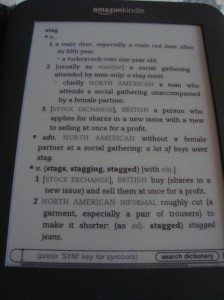I was looking into some performance problems with knockout yesterday and starting digging into the code. In particular I was wondering why it would take their mapping plugin several seconds to wrap an array of 500 objects. Profiling lead me to look deeper into the code, and the following code stroke me as very strange:
Basically this is a hash implementation of only put and get operations using two arrays. I don’t think I need to tell you how bad the performance of this will be once you start adding lots of items 🙂
The reason why they didn’t just use an ordinary object to store their values, was that their keys were objects and not just simple strings or integers. I started wondering what other people did with this problem. There must be a library for this. And low an behold there was.
Then I started thinking, why don’t you just jsonize the object and then store that as the key in a plain js object. Both things should be really fast, since every new browser nowadays has a very fast JSON implementation.
With the 3 implementations in hand I did a simple benchmark. Generate 10.000 objects, store them in the hashtable with the object as a key. Followed by getting all the objects again.
Using Firefox 12: naive double array: 1370ms, json: 77ms, jshashtable: 170. Using Chrome 19 and IE9 the performance gap is very similar. Chrome is of course a tad faster.
Update: reran the benchmark using suggestions from Tim.
Code is available here.

